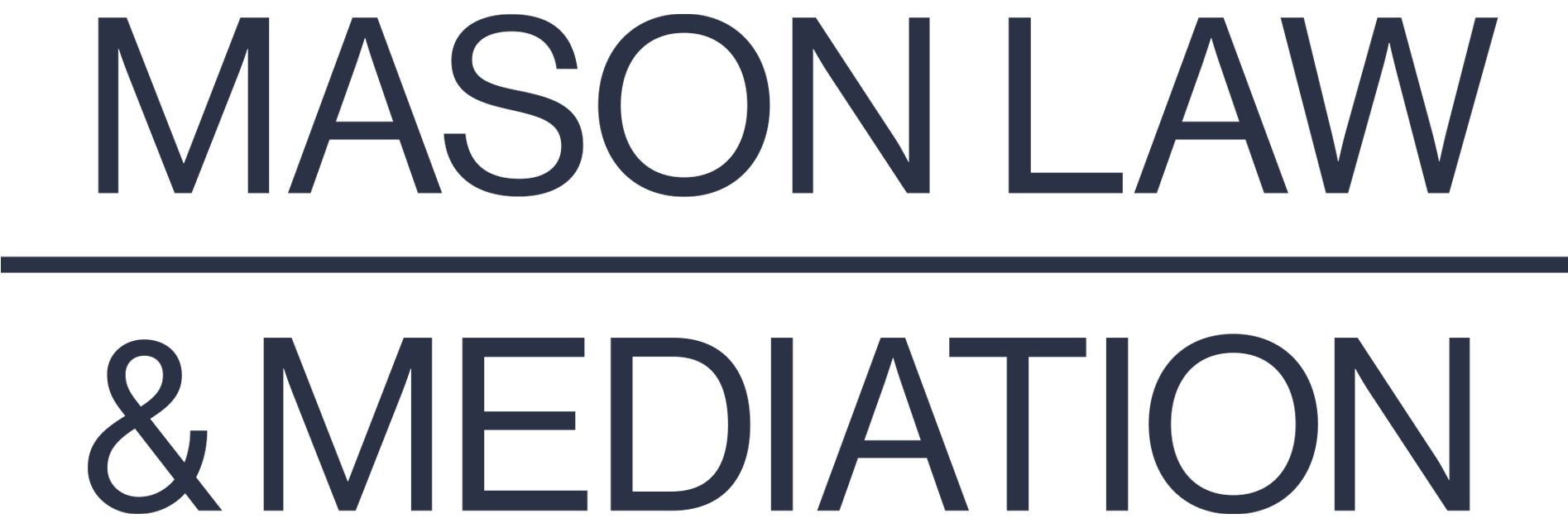Determining how to divide property in a divorce begins with identifying which property will be subject to division. In a previous post, we discussed that only marital property is divided between spouses during a divorce, while separate property remains with its titled owner.
Hence, the initial step in property division is distinguishing between separate property and marital property, utilizing the legal definitions provided for each in the New York Domestic Relations Law, Section 236B, Paragraph 1 (“Definitions”). This post will focus on the definition of marital property, and the definition of separate property will be explored in a subsequent post.
In New York, marital property is defined as follows: “all property acquired by either or both spouses during the marriage and before the execution of a separation agreement or the commencement of a matrimonial action, regardless of the form in which title is held.” The crucial element in the aforementioned definition is timing. When was the asset earned or acquired? Did it occur during the marriage? Was it before signing a separation agreement or initiating legal proceedings to dissolve the marriage? If the asset meets these timing criteria, it is presumed to be marital property.
In fact, the only circumstance in which an asset satisfying the timing criteria may not be considered marital property is if it meets the definition of separate property, which will be addressed in-depth in another post. Broadly speaking, separate property may include any assets acquired before the marriage (or after filing for divorce or signing a separation agreement); acquired (inherited) by bequest, devise, or descent; or gifted to one spouse by someone other than the other spouse. For the purpose of this discussion, let’s assume that the assets mentioned below do not meet the criteria of the separate property definition.
The identity of the spouse who earned or acquired the asset is immaterial. Consider a scenario where you, as the higher earner in the marriage, deposit your income into personal bank accounts and make sophisticated private investments solely with your own funds, keeping your income separate from your spouse’s income. Even though you’ve made investments independently, with your own income, investments made from your income during the marriage are still classified as marital property.
Similarly, holding sole title to an asset does not make it separate property, though holding joint title to an asset may make it marital property. For instance, imagine you and your spouse have informally agreed that a significant portion of your annual bonus will be used to purchase property outside of the city. Based on this mutual understanding, you register the property solely in your name, deliberately excluding your spouse. Your spouse never visits the property nor expresses any interest in it, and both of you consider it to be your exclusive possession. Despite these circumstances, the upstate home remains marital property, based on when and with what source of funds it was acquired.
What about your income throughout the marriage? You worked for it, you earned it. Let’s examine it. Was it acquired during the marriage? Check. Prior to signing a separation agreement or filing for divorce? Check. Assuming it is not defined as separate property elsewhere, your income constitutes marital property, including any bonuses received.
Let’s consider your 401k. You worked for it, you earned it, and it is held in an account solely under your name (sole title). Was it acquired during the marriage? Check. Prior to signing a separation agreement or filing for divorce? Check. Like your income, unless it is defined as separate property elsewhere, your 401k is considered marital property.
It’s important to remember that a divorcing couple has the freedom to divide their property, whether marital or separate, in any manner they choose. They can opt to share separate property with each other or decide not to divide a marital asset.
However, in cases where agreement cannot be reached, and a judge needs to make the decision, only marital property (as defined above) will be subject to division in a divorce, while a party’s separate property will remain with its titled owner.

